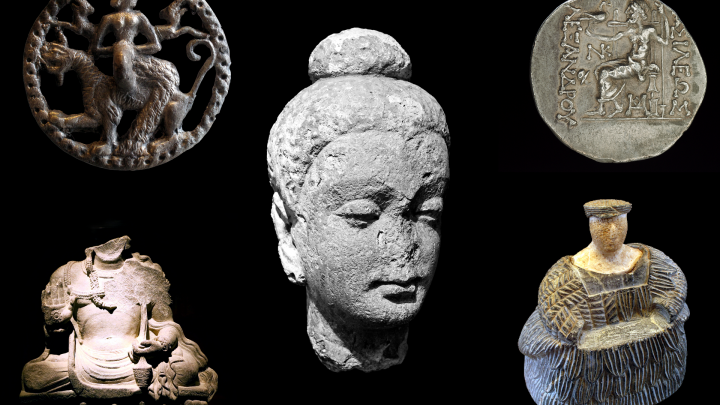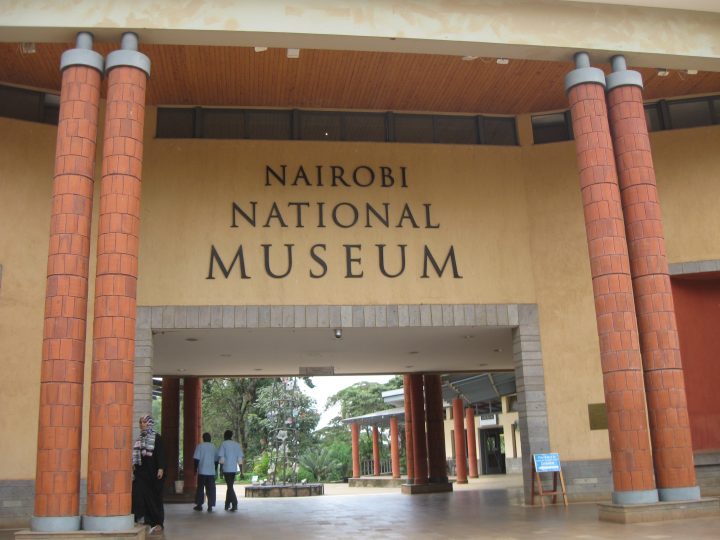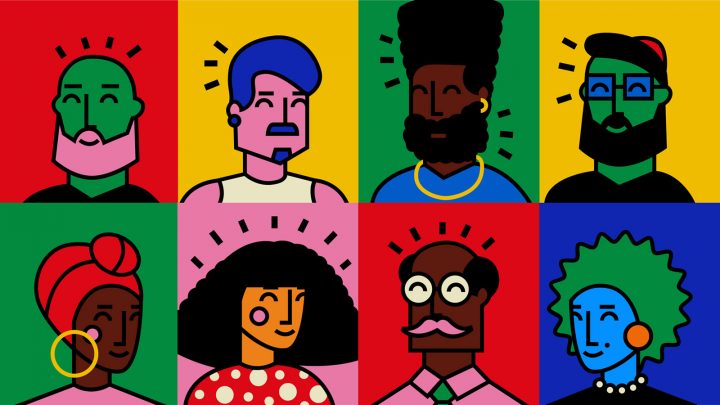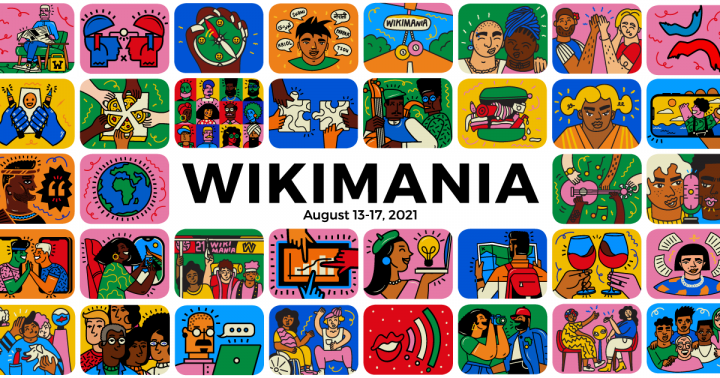Writing a bachelor’s thesis at Wikimedia Deutschland e.V.
Jens Ohlig
20. April 2016
Q920285 – how I found my place in the Wikimedia universe
It’s April 2015 and it’s about time for me to organise a topic for my bachelor’s thesis. I study Internationale Medieninformatik at the HTW Berlin. I was always fascinated by the intersection of humans and computers. Especially the psychological component of this subject and so I started specialising in this direction towards the end of my studies. Thus it was pretty clear to me that my thesis should fit within this scope. But the initial question remained and I still had no topic.
A fellow student and friend, Lucie (who coincidentally works at Wikimedia) pointed me to Lydia, Wikidata’s product manager. So far I have only been a consumer of the Wikimedia projects and had never contributed to any of them, let alone know what Wikidata was and what it does. It was about time to change that. It turns out that Lydia has loads of topics with many different focuses for students writing their thesis and we quickly decided on a topic that would benefit both of us.
So there I was. It’s June. I had an awesome topic in an amazing project and it felt like I didn’t know anything about anything.
Q5454174 – first impressions
I had a hard time trying to remember any expectations I might have had regarding my upcoming time at Wikimedia. I just remember that it was really important to me to do a good job and not to mess up too bad because I wanted to produce something that is actually usable and will improve the user experience of the editors as well as the benefits for Wikipedia and Wikidata itself (which I will get to later).
Everyone was very welcoming and friendly and people were genuinely interested in what I was going to do. They were keen on discussing the specifics and implications of my upcoming work and seemed excited that I was there to tackle the problem. This passion and enthusiasm that everyone has was reflected in their own work too. Even minor details seem to get discussed extensively because everyone cares and is trying to find the best solution. I found this behavior really inspiring and it makes work so much more fun and rewarding and keeps the communication open.
Q1318295 – the meat
Now we finally come to the reason you’re actually reading this. The work I did at Wikimedia.
My topic was “Facilitating the use of Wikidata in Wikimedia projects with a user-centered design approach”. My task was to develop a concept which makes editing and integrating Wikidata possible from a client such as Wikipedia using UCD. This is a good idea for several reasons.
Firstly, it would make the life of Wikipedia editors across all languages easier since they would have easy access to data that they would otherwise have to manually find themselves. Using data that is collected locally helps create coherence and accuracy throughout the different Wikipedias.
It will also make the creation and maintenance of infoboxes much easier since it will be possible to import the data from Wikidata with one click instead of having to type everything manually.
Furthermore, it will bring editors to Wikidata, which will in return increase the amount of data as well as data quality at Wikidata which in return will benefit the Wikipedias and so on.
So far so good. But where do you start? It’s October and I have 4 months left.
I first have to familiarise myself with Wikidata and the editing of it. After feeling fairly comfortable the next step was to reach out to the community and ask what it is they want, since ultimately the goal was to increase their user experience.
It became apparent fairly quickly that what the community wanted was a way to integrate and edit data from Wikidata into the infoboxes in Wikipedia. So Lydia and I decided to concentrate mainly on this issue in my thesis.
After the user input was evaluated I made personas and scenarios for these personas, as well as deciding on the functional and non-functional requirements. Based on this I came up with some paper prototypes.
It’s December and only 2 months left. The holidays are around the corner and I constantly think that I must have adapted time-accelerating super powers which are beyond my control. Since the scope of my thesis didn’t allow for multiple iterations due to time constraints (which would usually be necessary in UCD) we had to proceed fairly quickly since I needed a clickable prototype in time for the user test.

At this point I was in the office 4-5 days a week since my uni courses were coming to an end and I still had so much to do for the thesis. Since the office had become like my second home at this point, this was not a problem at all.
Before I know it, it’s January with only a bit over a month to go. My prototype is finally finished and I can begin testing its functionality with the amazing editors attending the open editing session at the Wikimedia office. It was a great experience. The community was very welcoming and lovely. If you live in Berlin and are even remotely interested in contributing to Wikipedia, I cannot recommend enough to go to an open editing session and check it out. They also have a mentoring program (for all ages) where an an experienced editor will take you under their wings when first getting started.
I then evaluated the input I got and made my suggestions for improving the prototype. This was where I had to end my thesis. Nonetheless, the actual work isn’t done here. The suggestions need to be implemented into the prototype and tested again in order to properly design user-centered. Which leads me to my current whereabouts.
Q1771692 – not all good things have to come to an end
It’s the end of February. I’m handing in my thesis and decide to see if I can find a way to stay at Wikimedia for a little longer. The reason I decided to pursue this was that I wanted to finish the project which still needed at least one more iteration. Another one was simply that I didn’t want to leave Wikimedia and the team yet.
There are many things I learned from my time writing the thesis. I got to take a closer look at UI processes, how Wikimedia works internally, how community communication works and did my first own user test. As a result I also became involved with two amazing Wikimedia projects (Wikidata and Wikipedia) and got to know amazing people and what a supportive, encouraging and genuinely friendly working environment looks like.
It’s April now, and I’m sitting at my desk typing this out as an official Wikimedia intern for UX design. Apart from continuing the work that I started with my thesis I will be working on several points, improving the understandability and usability of Wikidata as well as other areas at Wikimedia. So far I’ve created a new diagram of the data models in Wikidata and next I will concern myself with the layout of the Article Placeholder and creating infographics of the “Wikidata ecosystem” to help improve the understanding of the project and it’s place in the Wikimedia universe.
I’m very excited for the next 6 months at Wikimedia and all the things I will learn and contribute to. Overall: 12/10 can recommend.
Charlie published her bachelor’s thesis on Wikimedia Commons.




